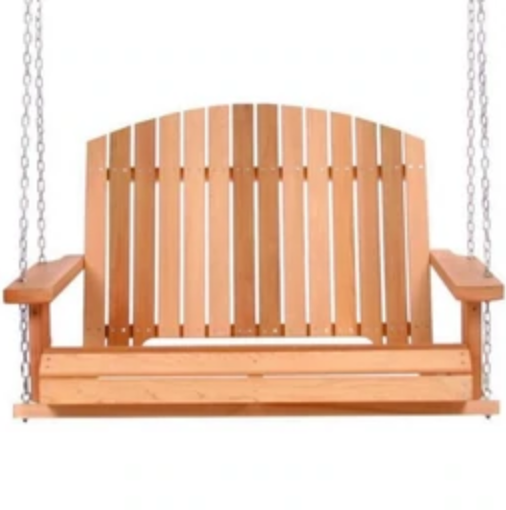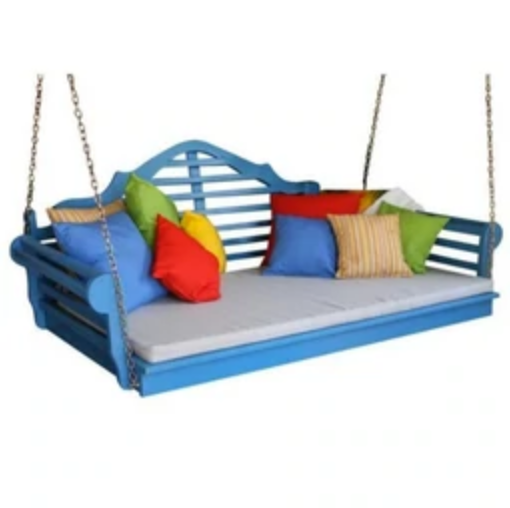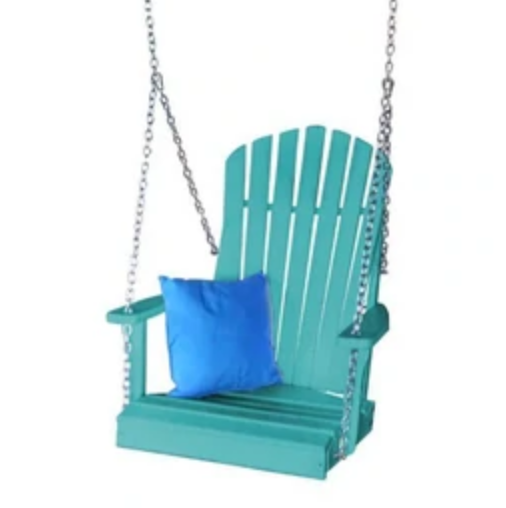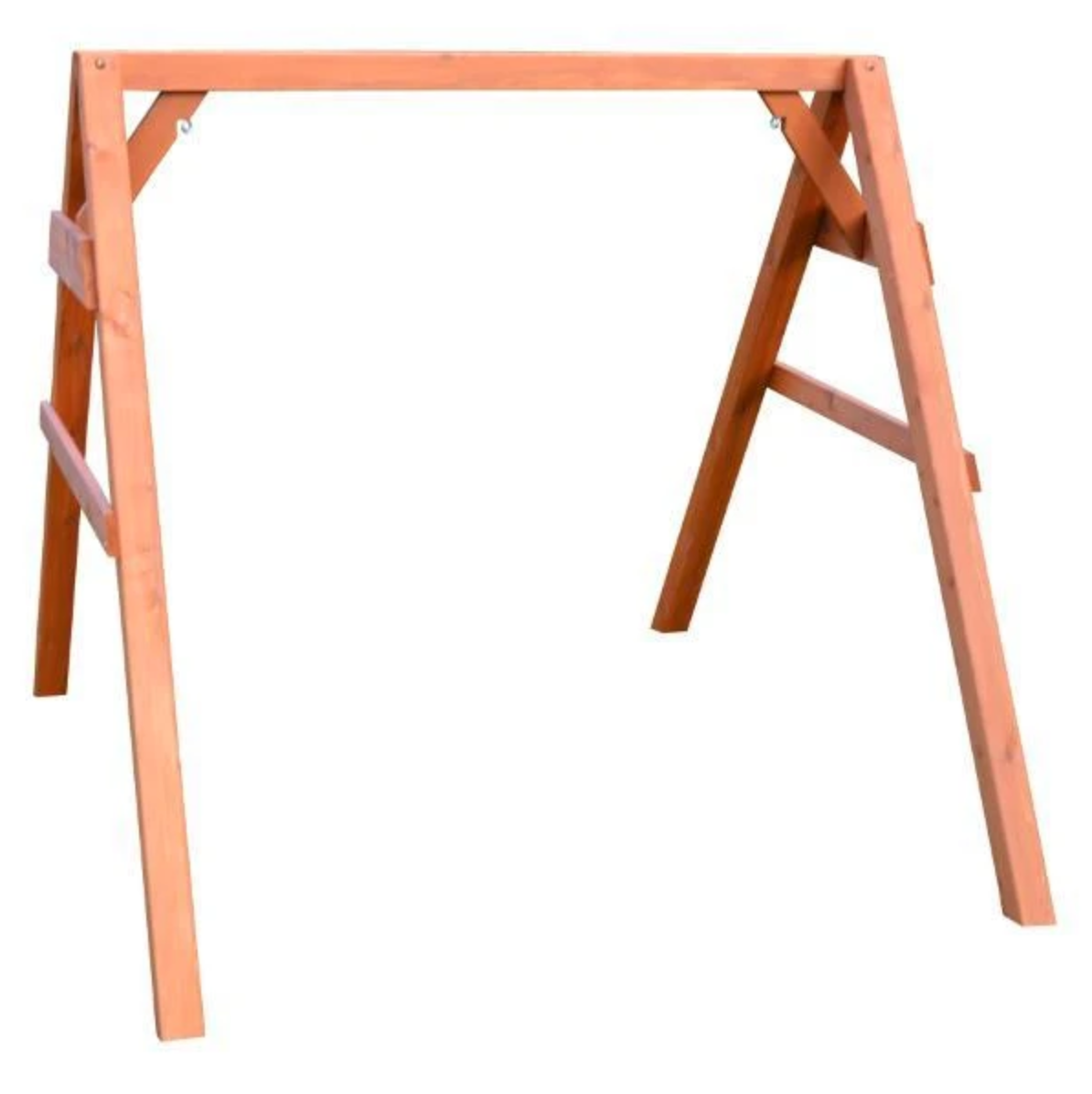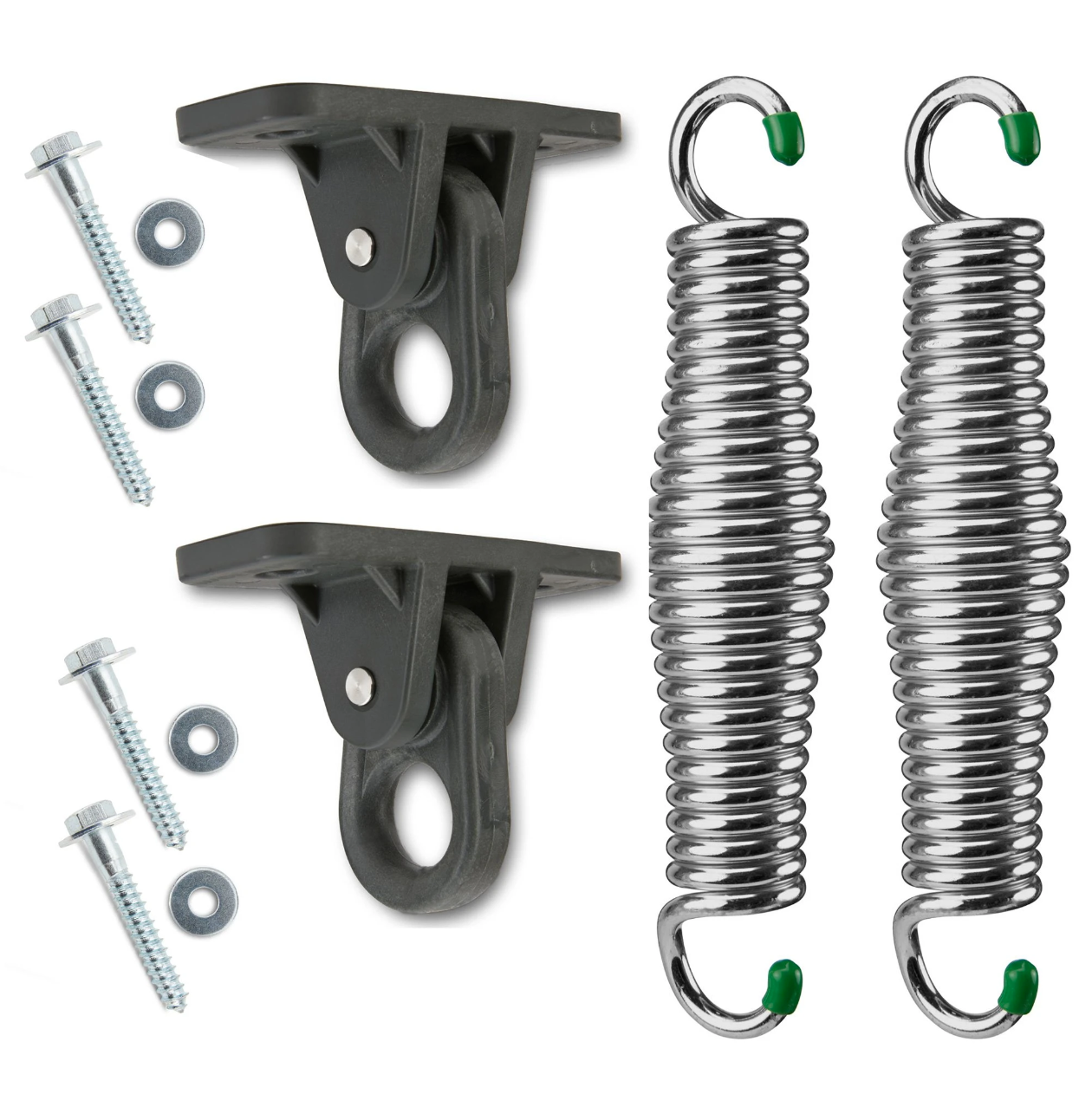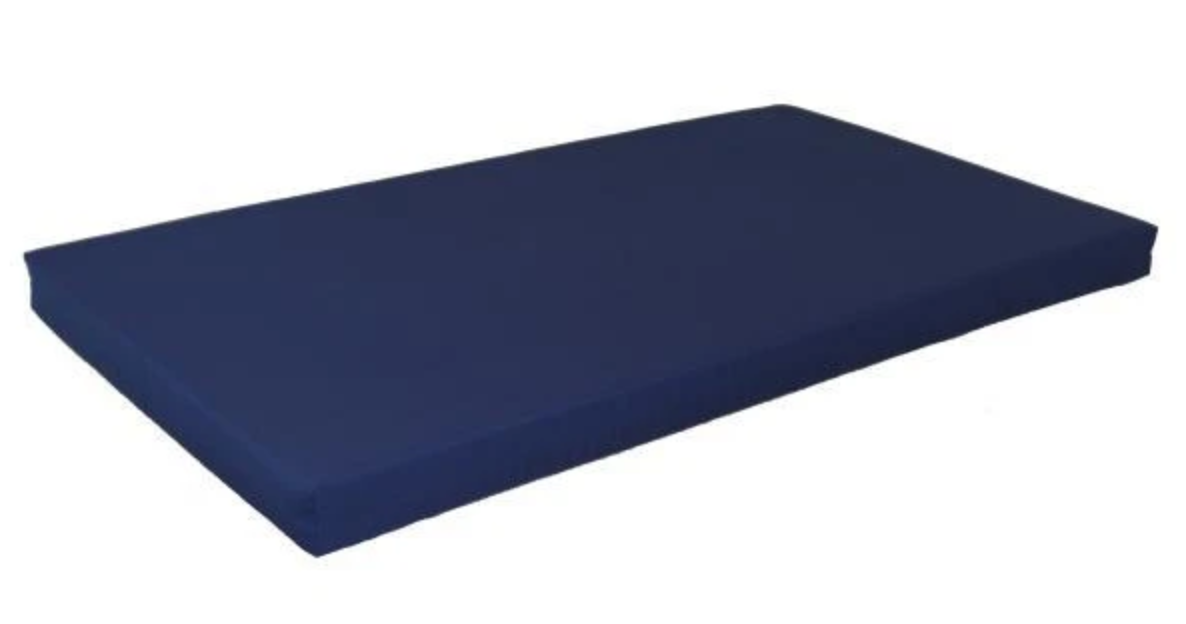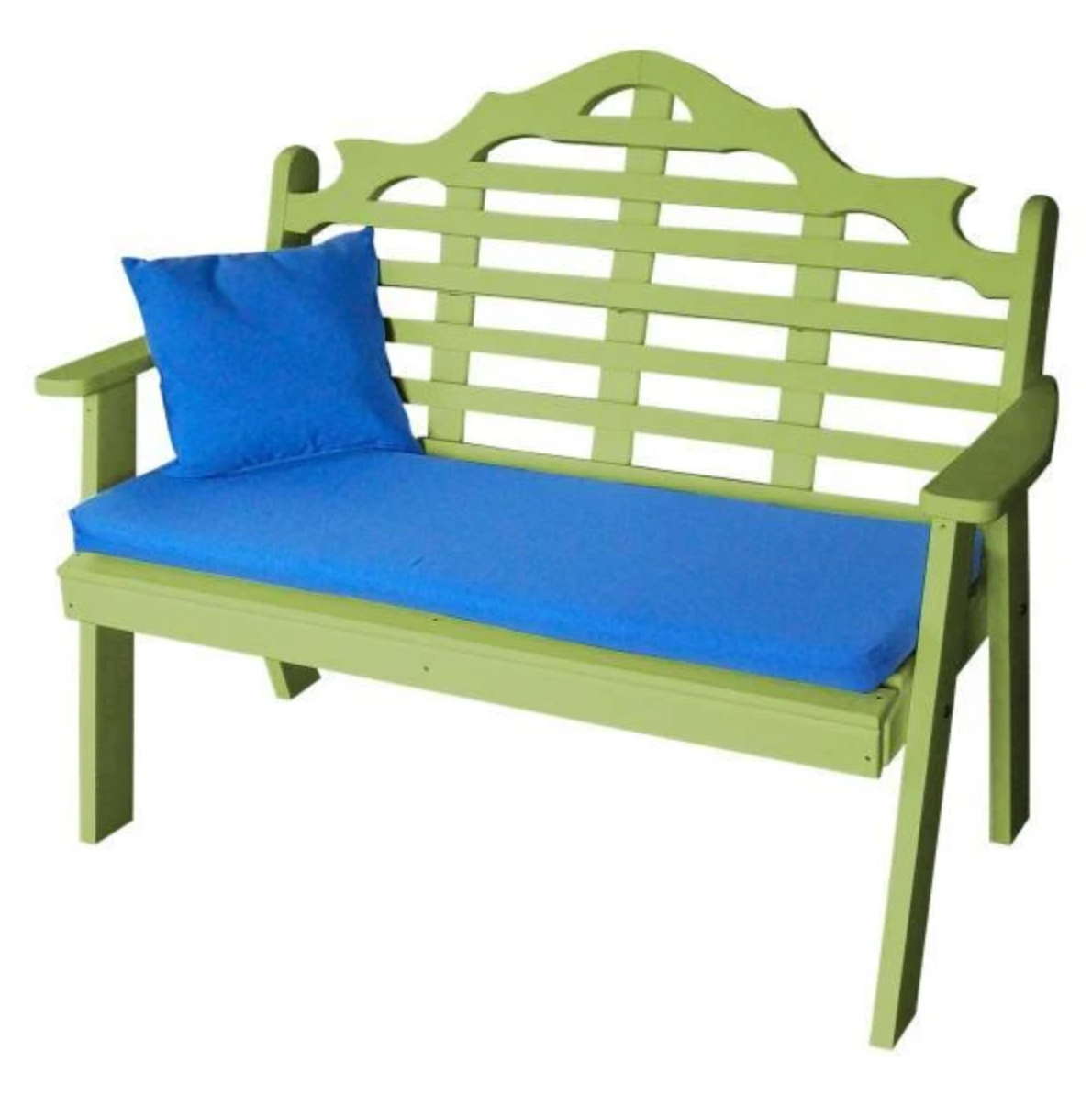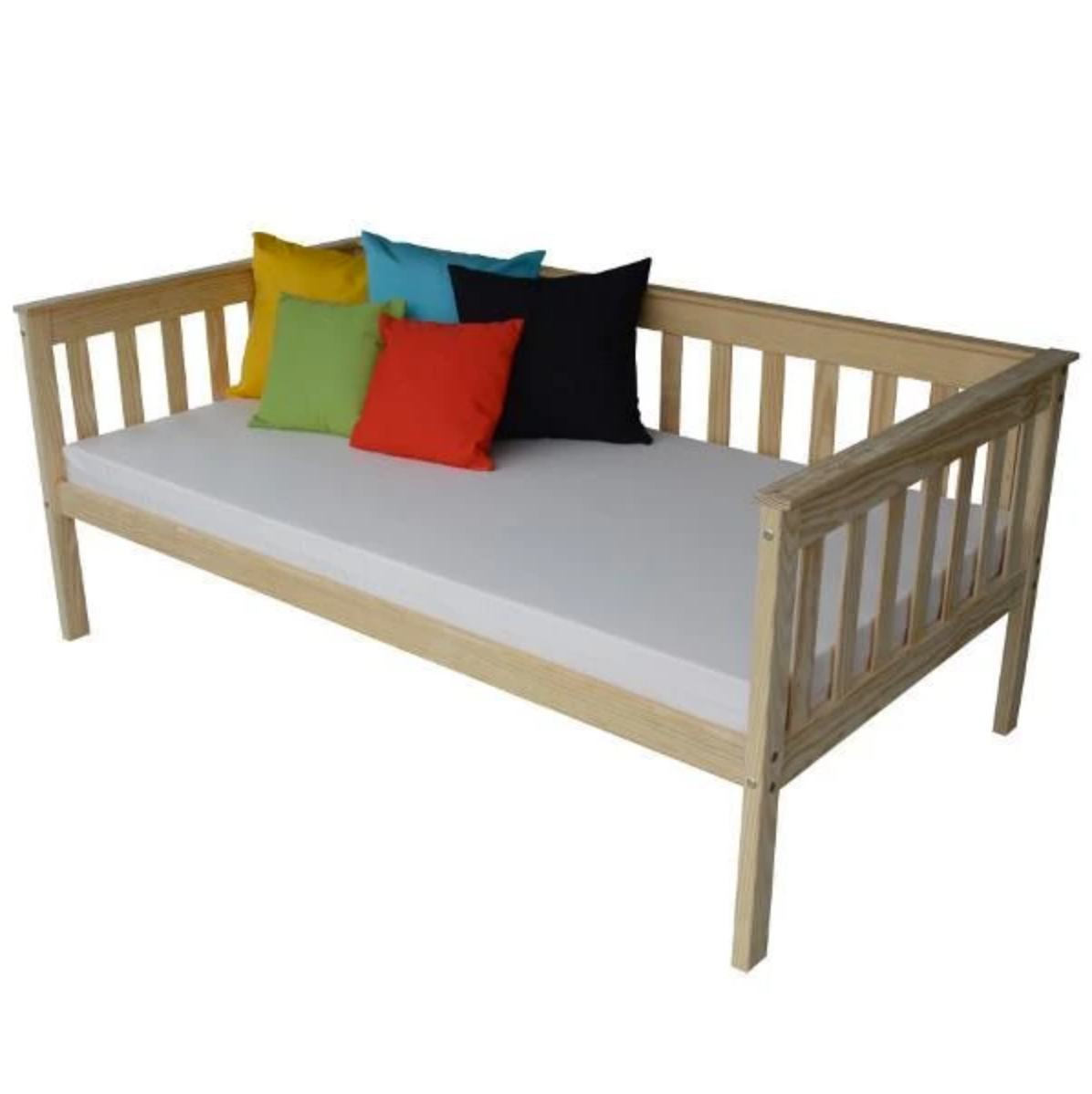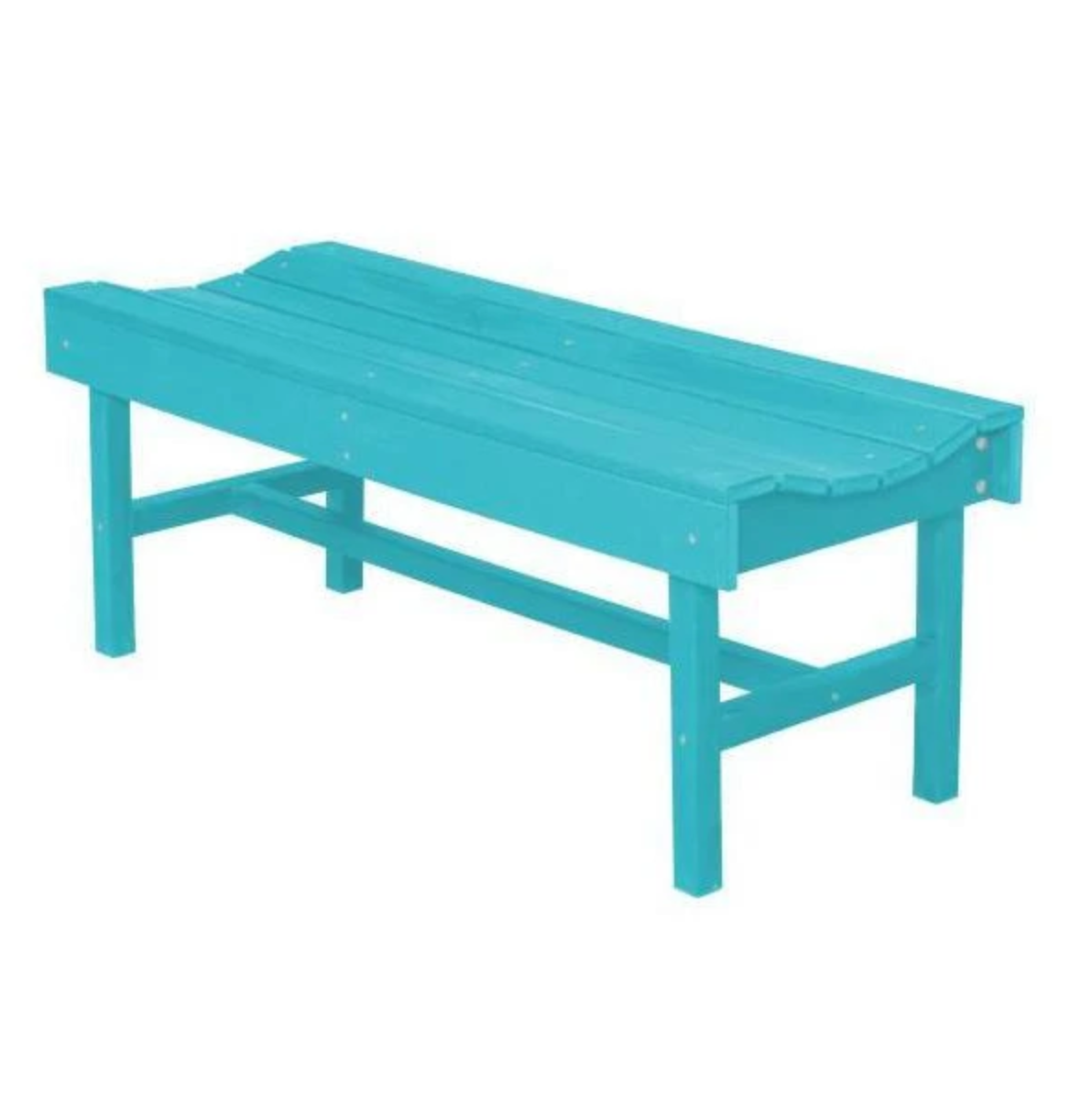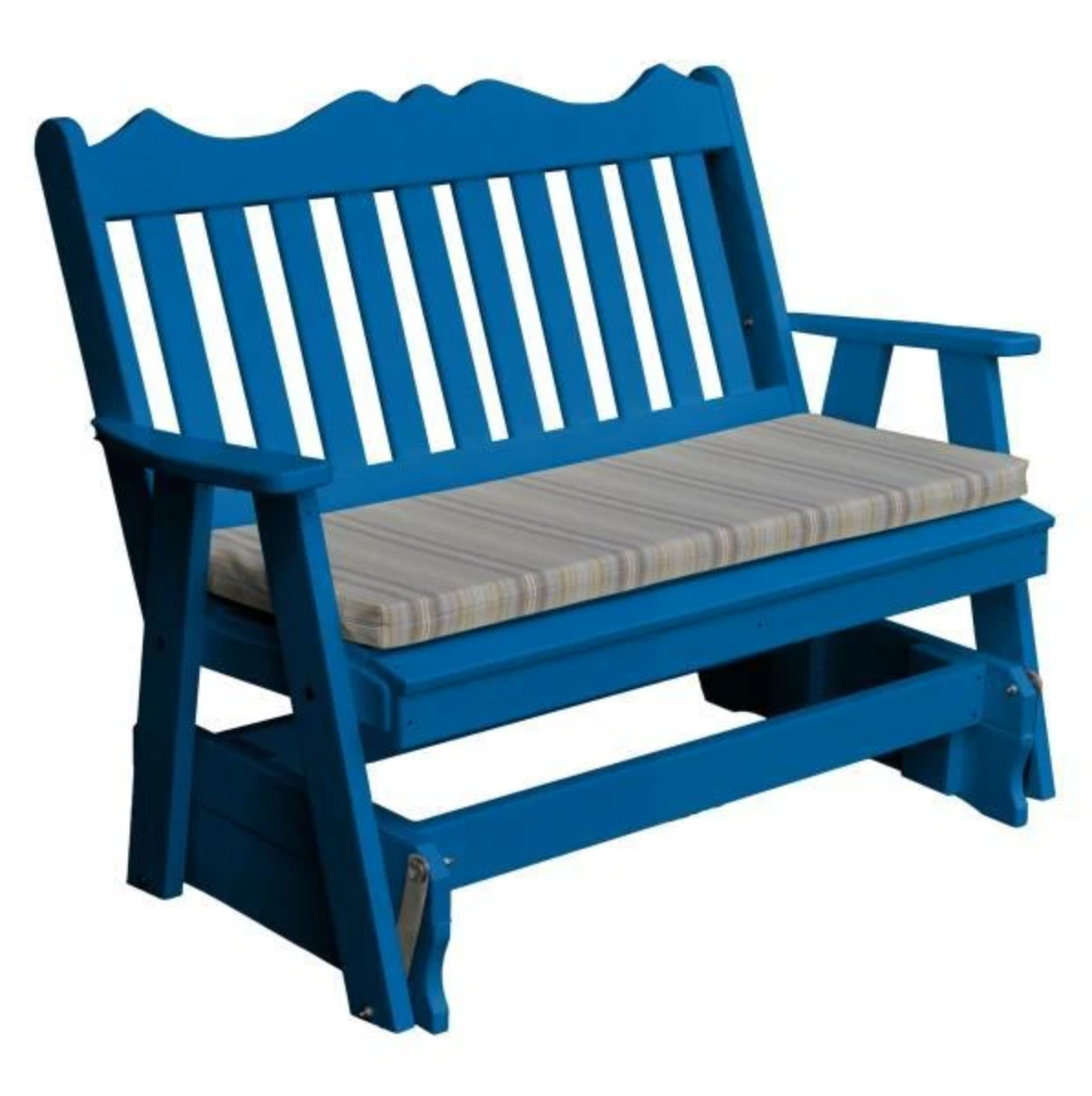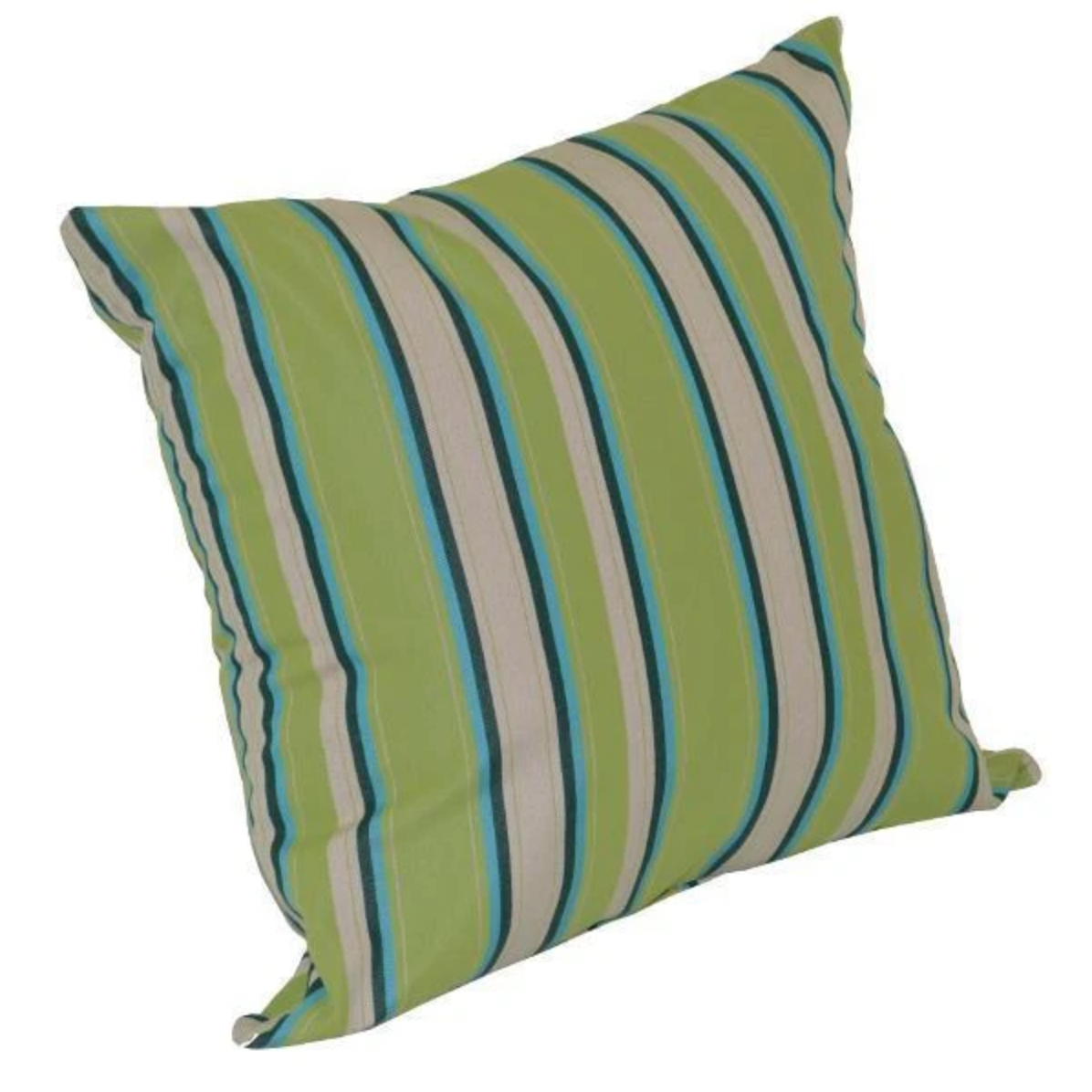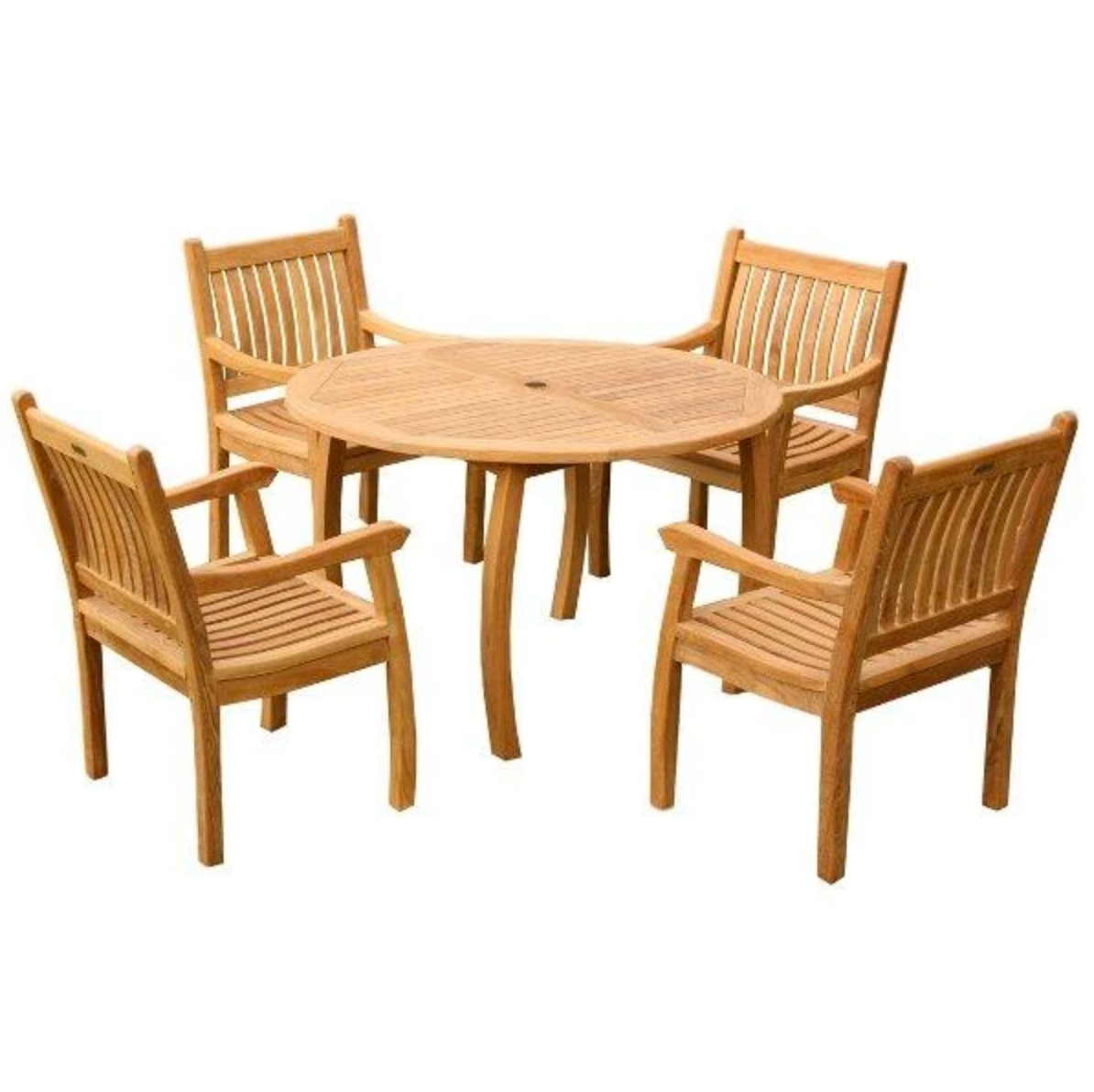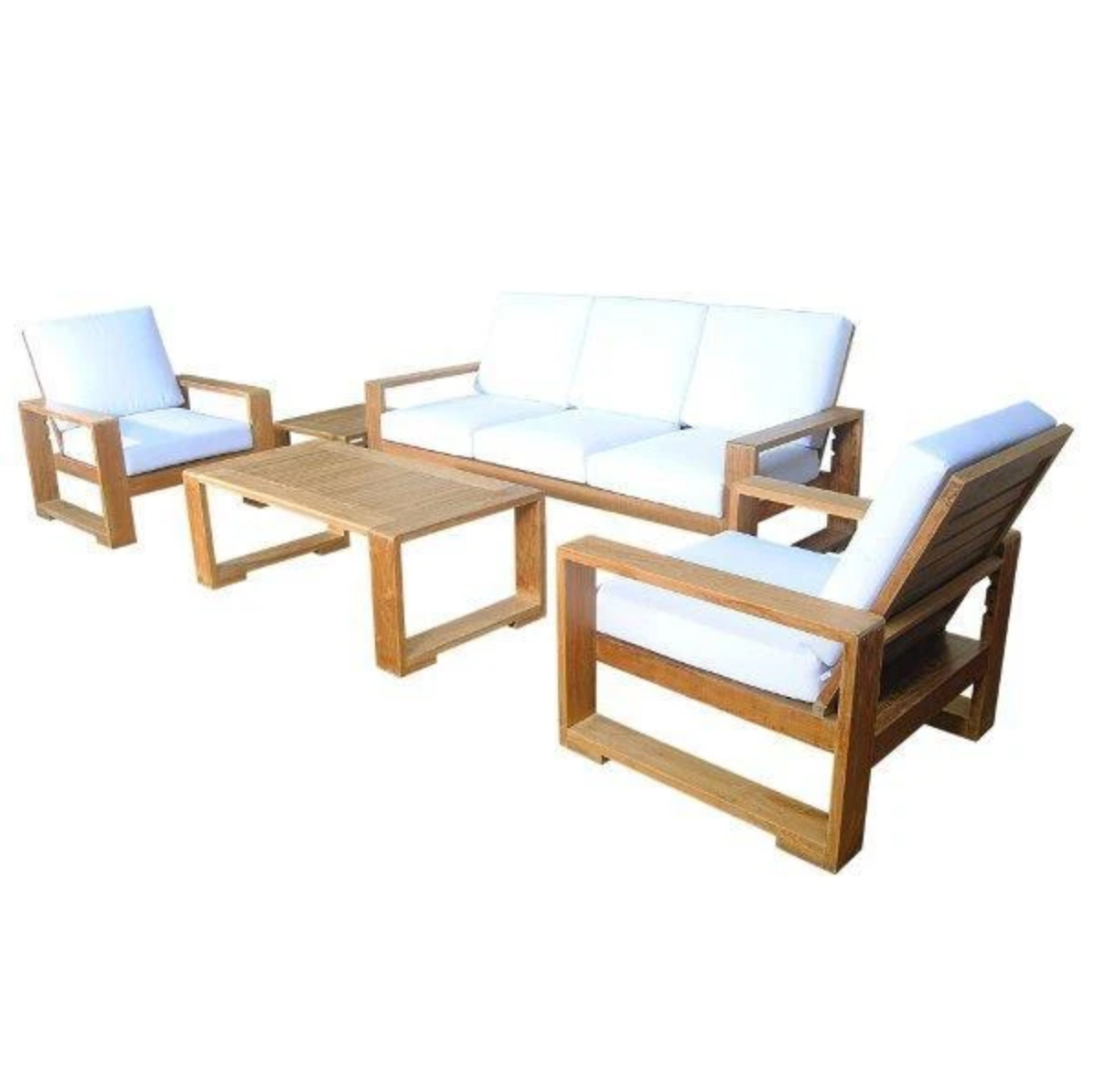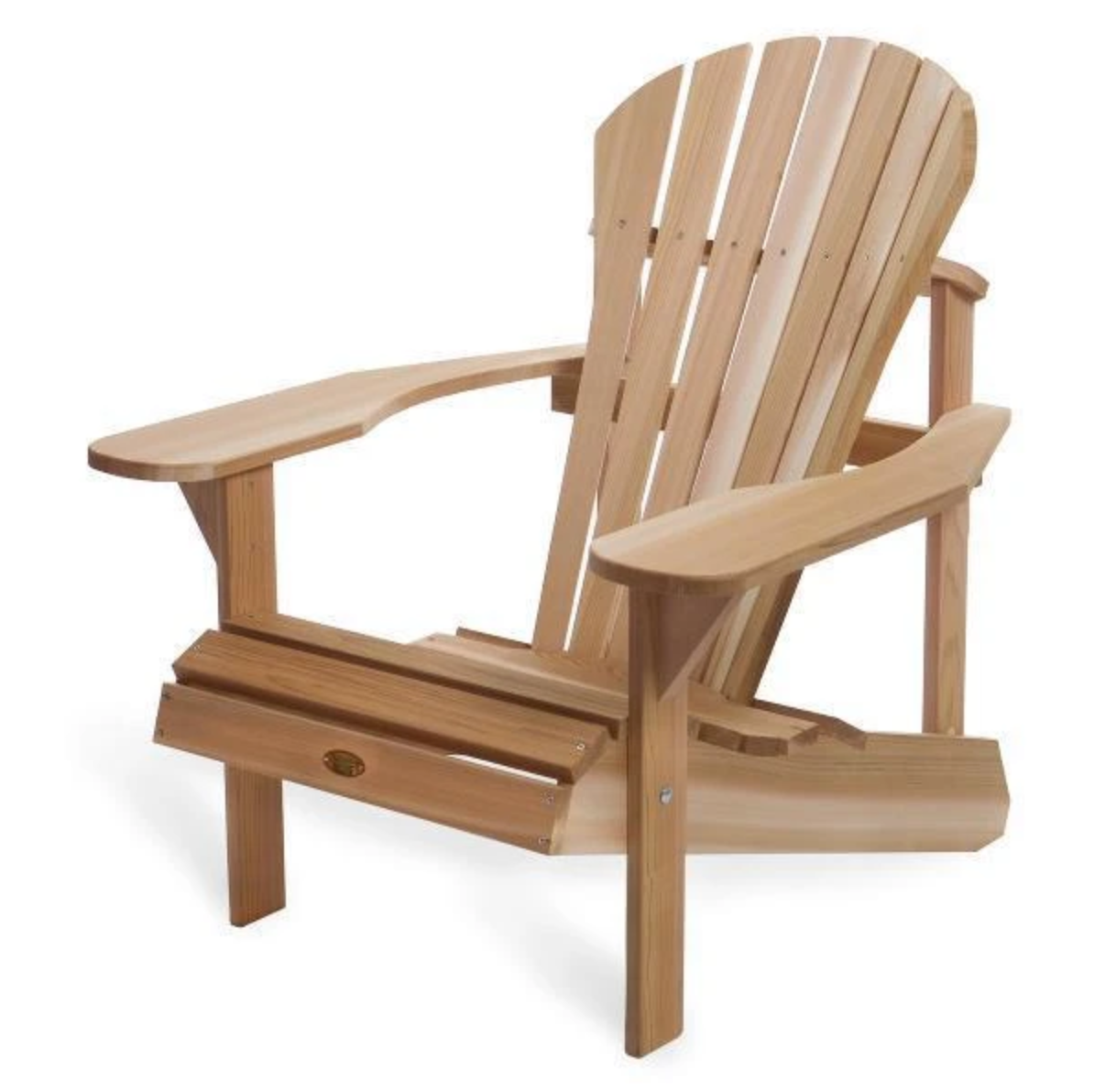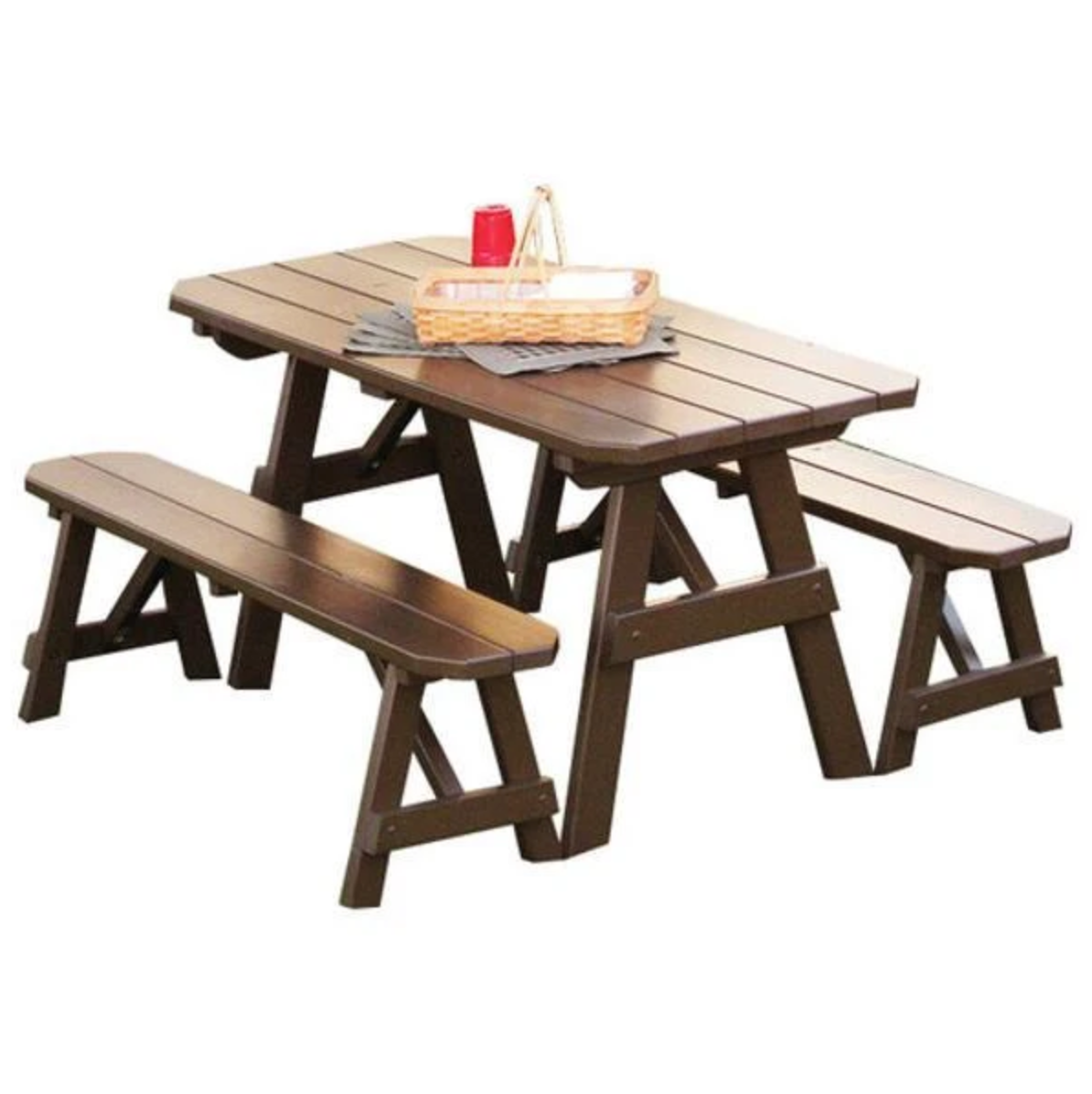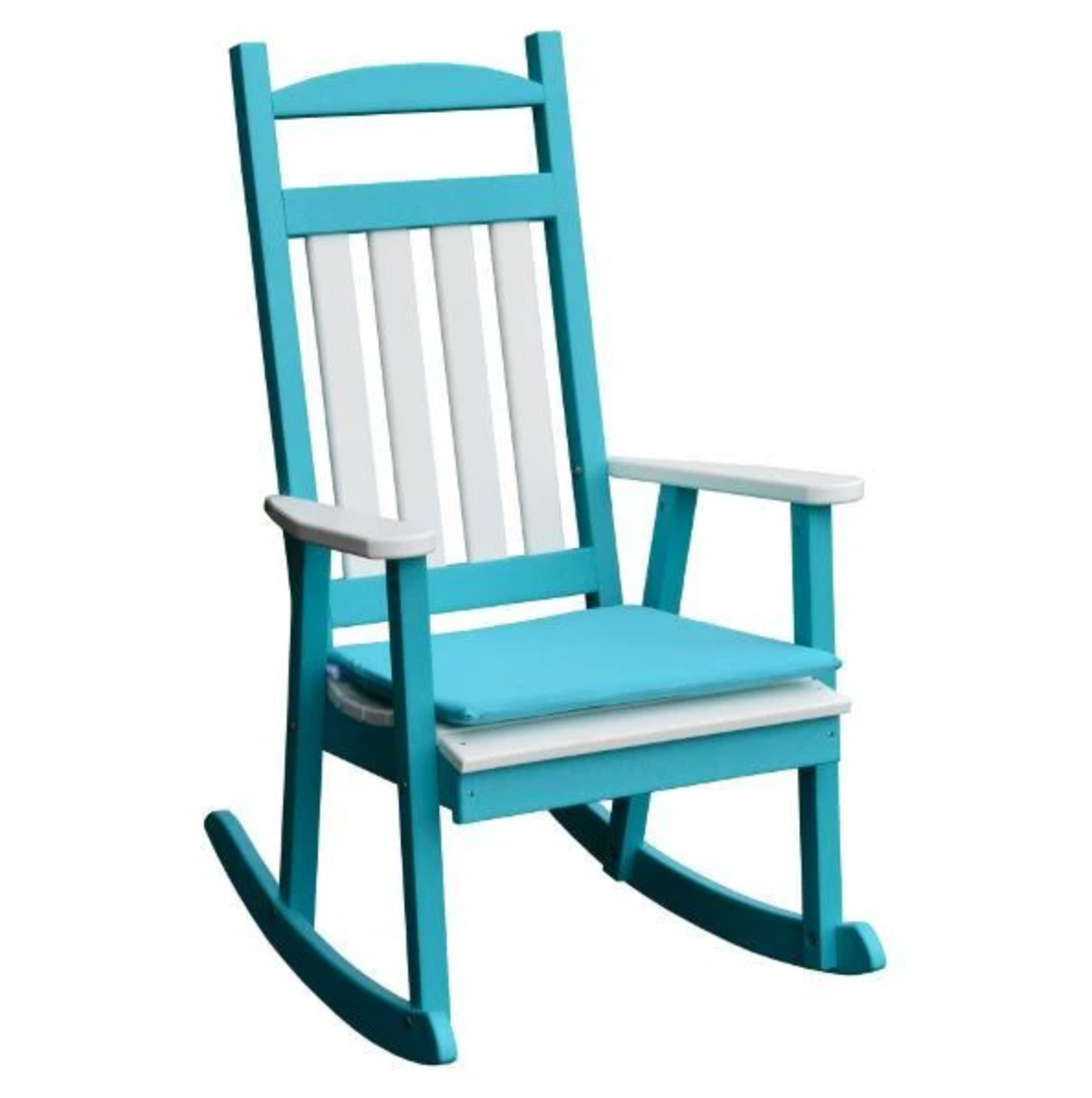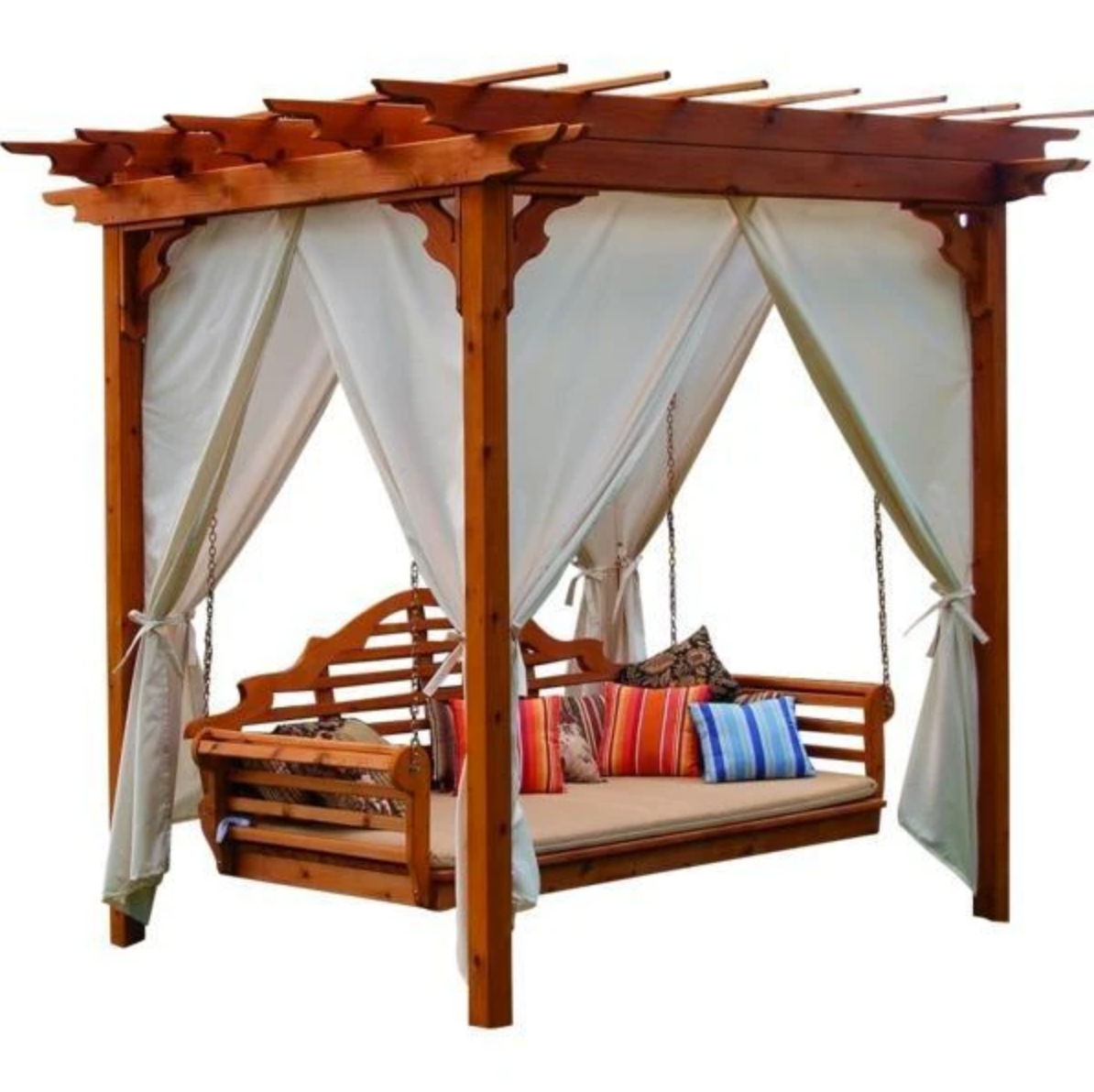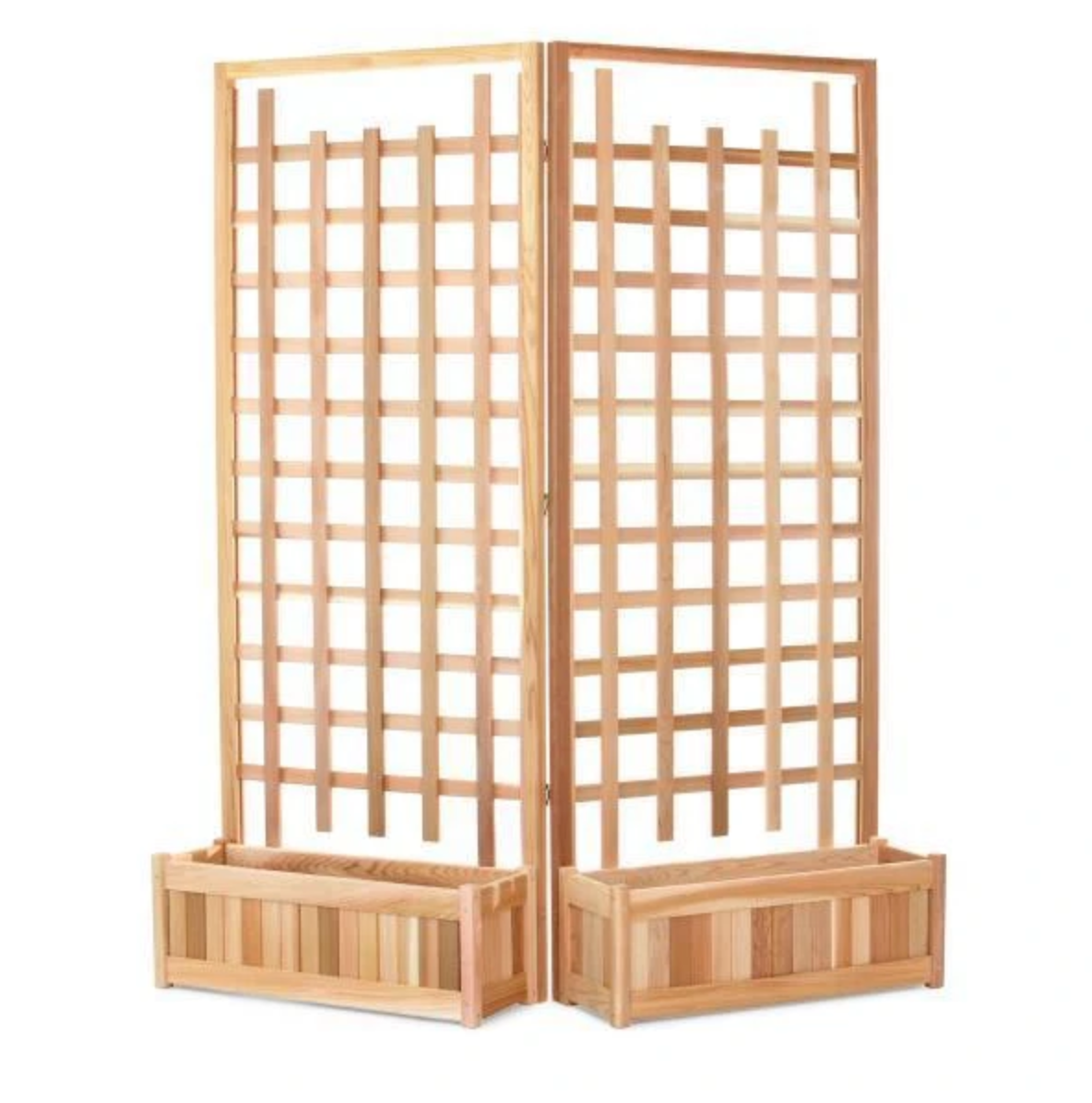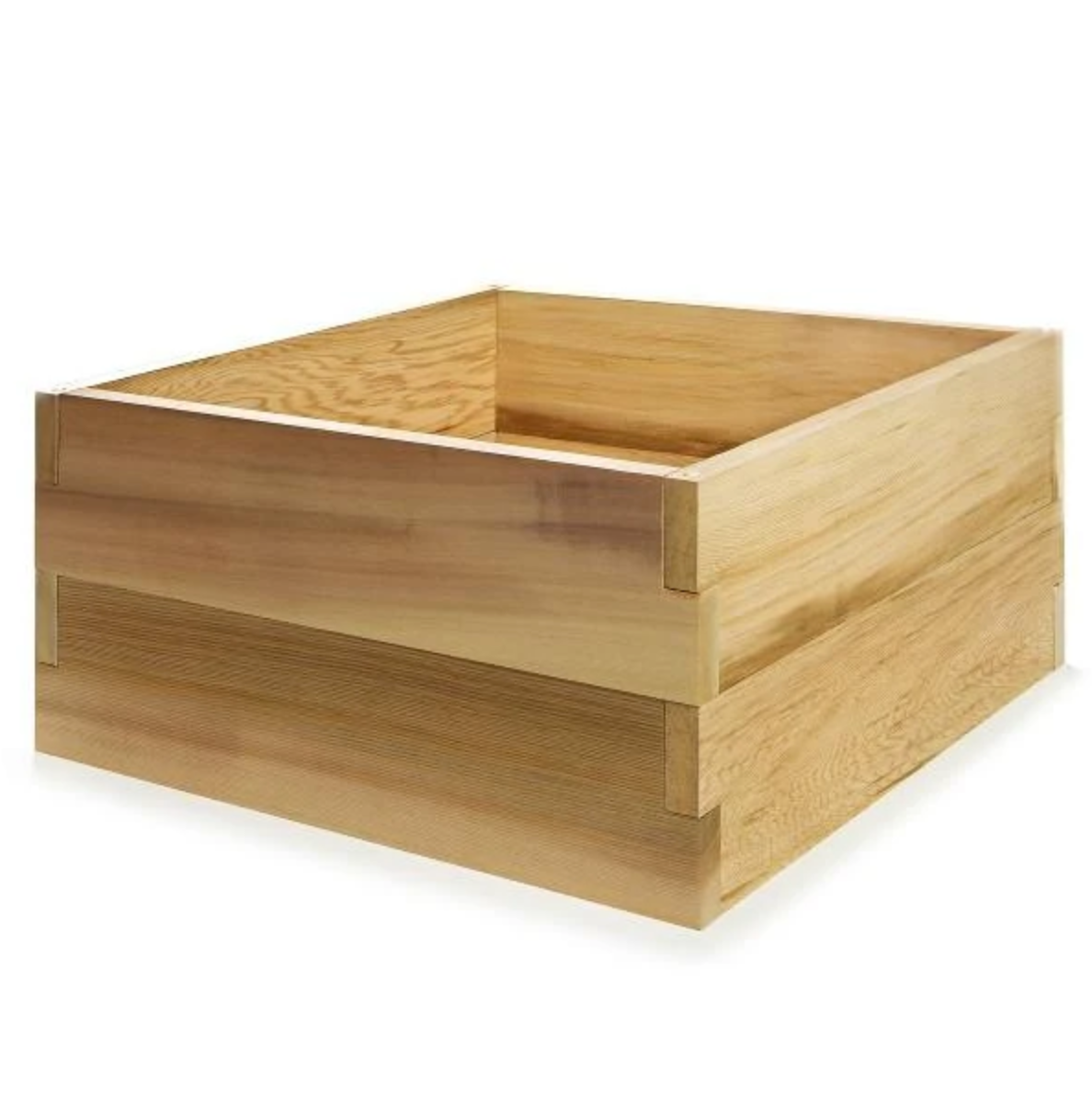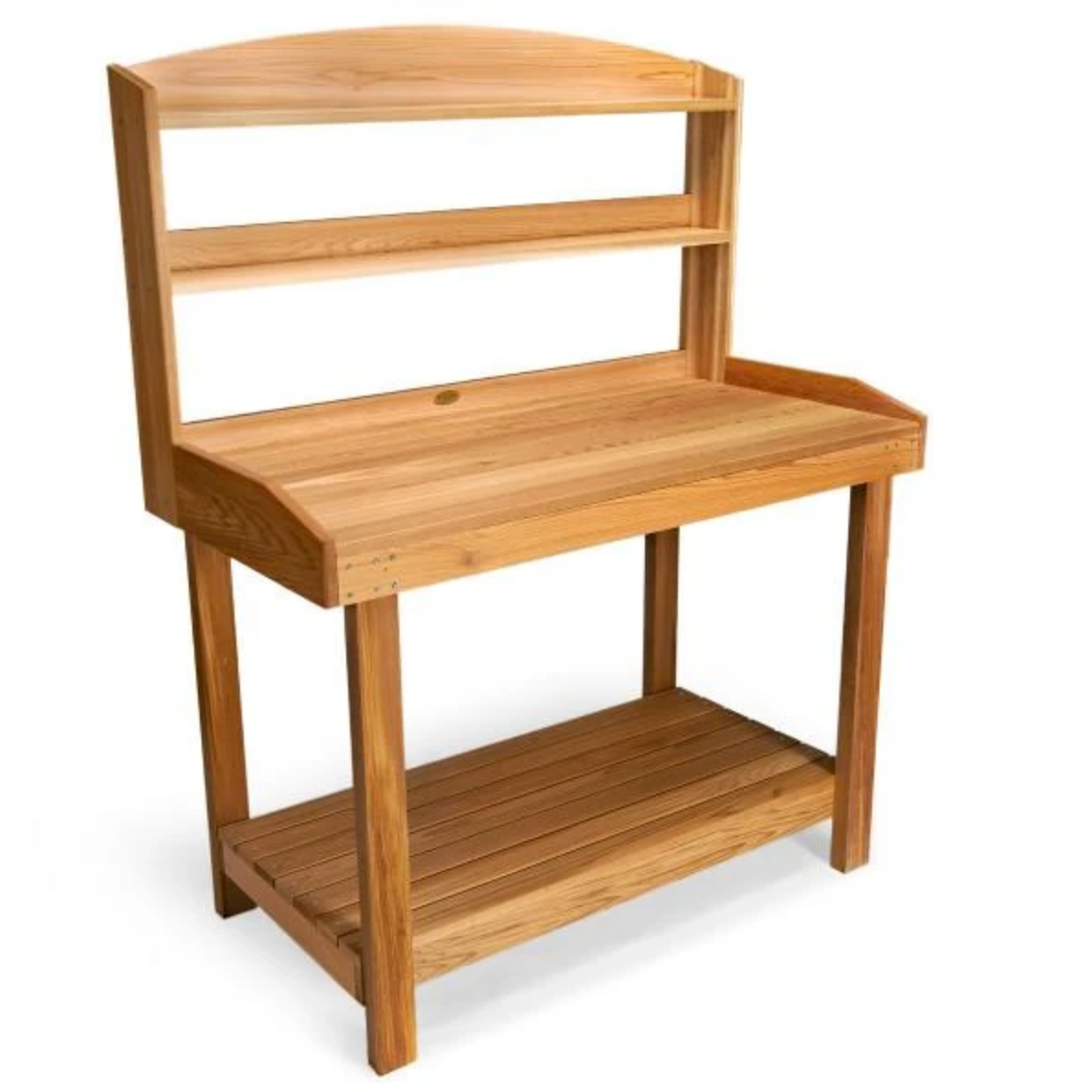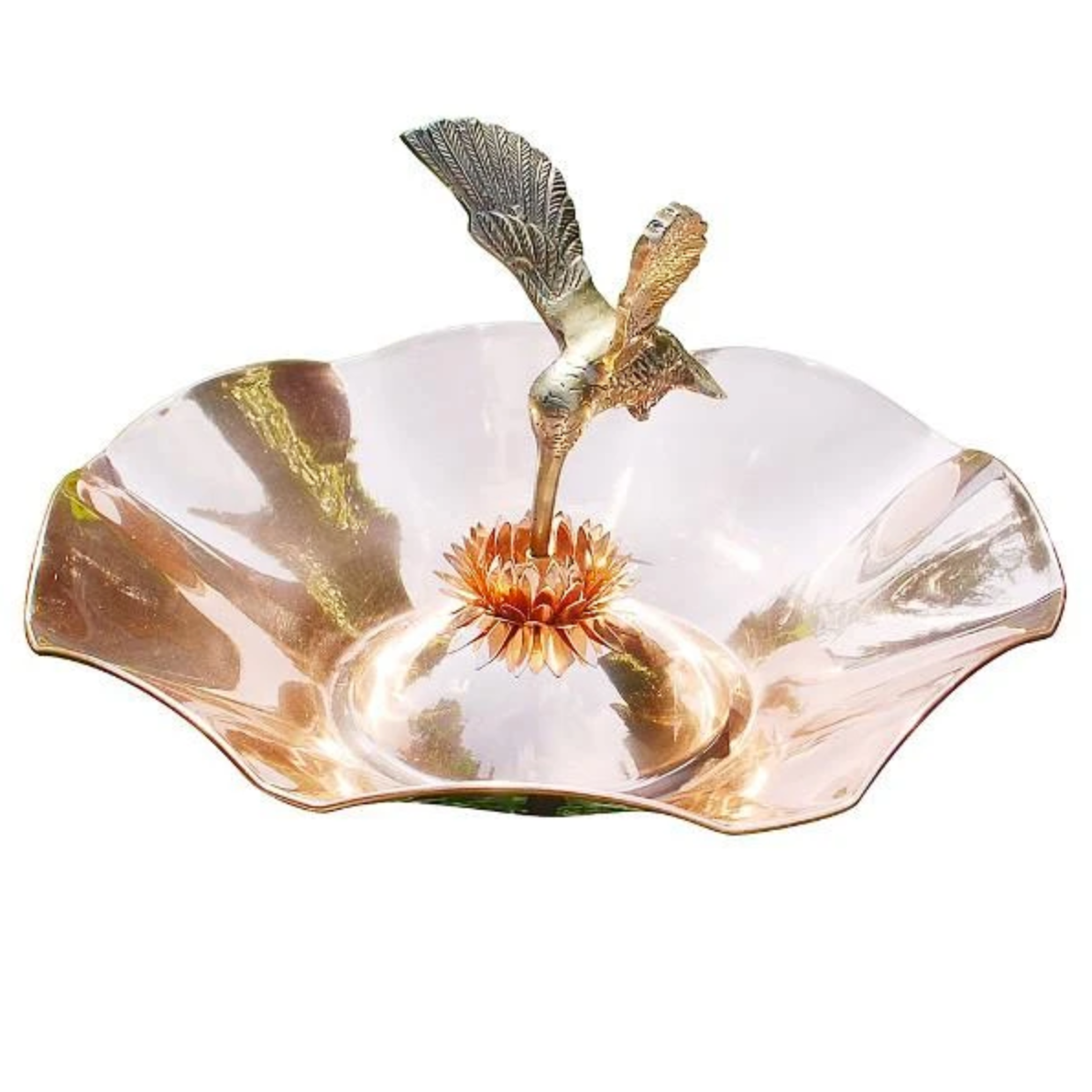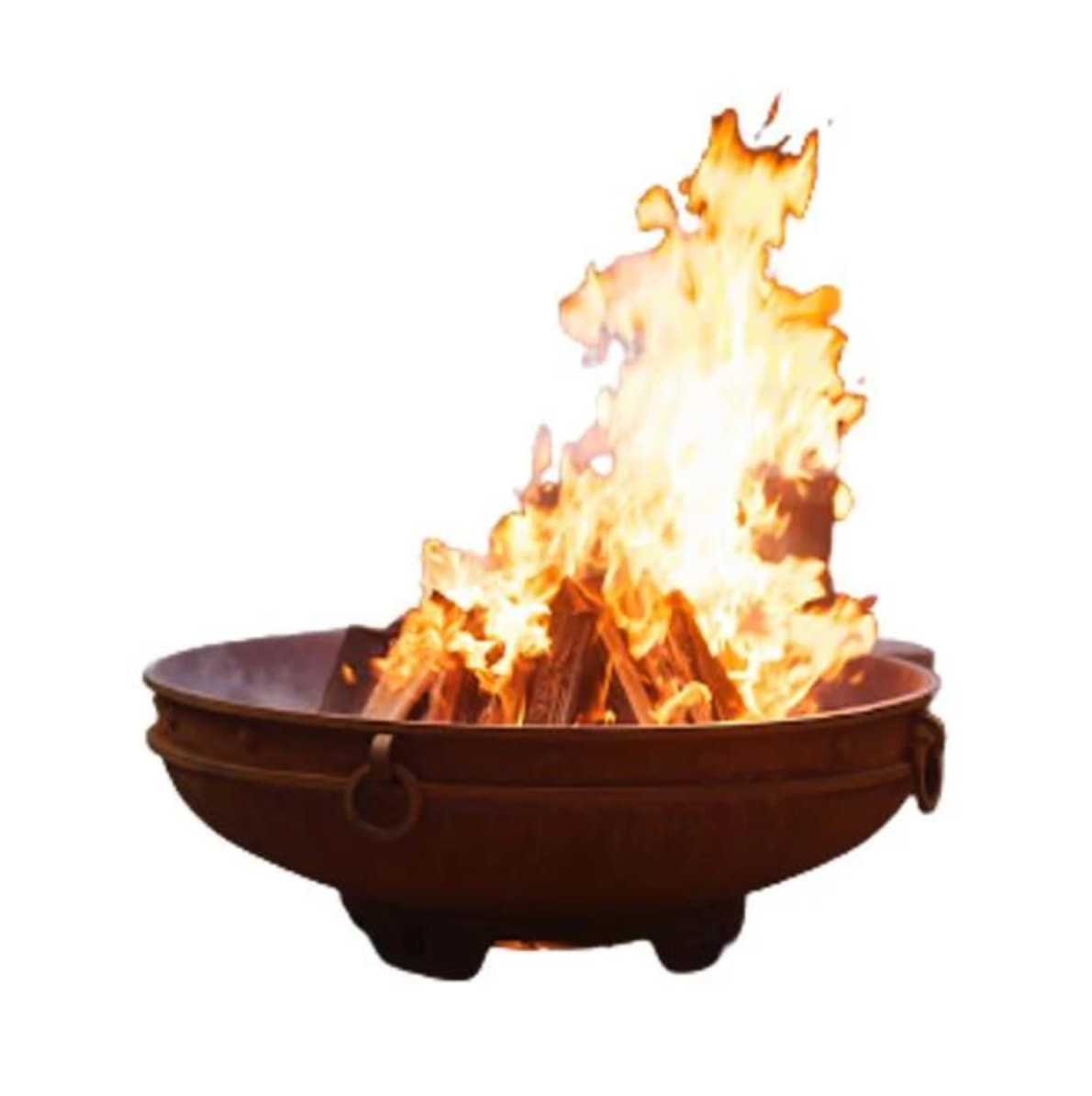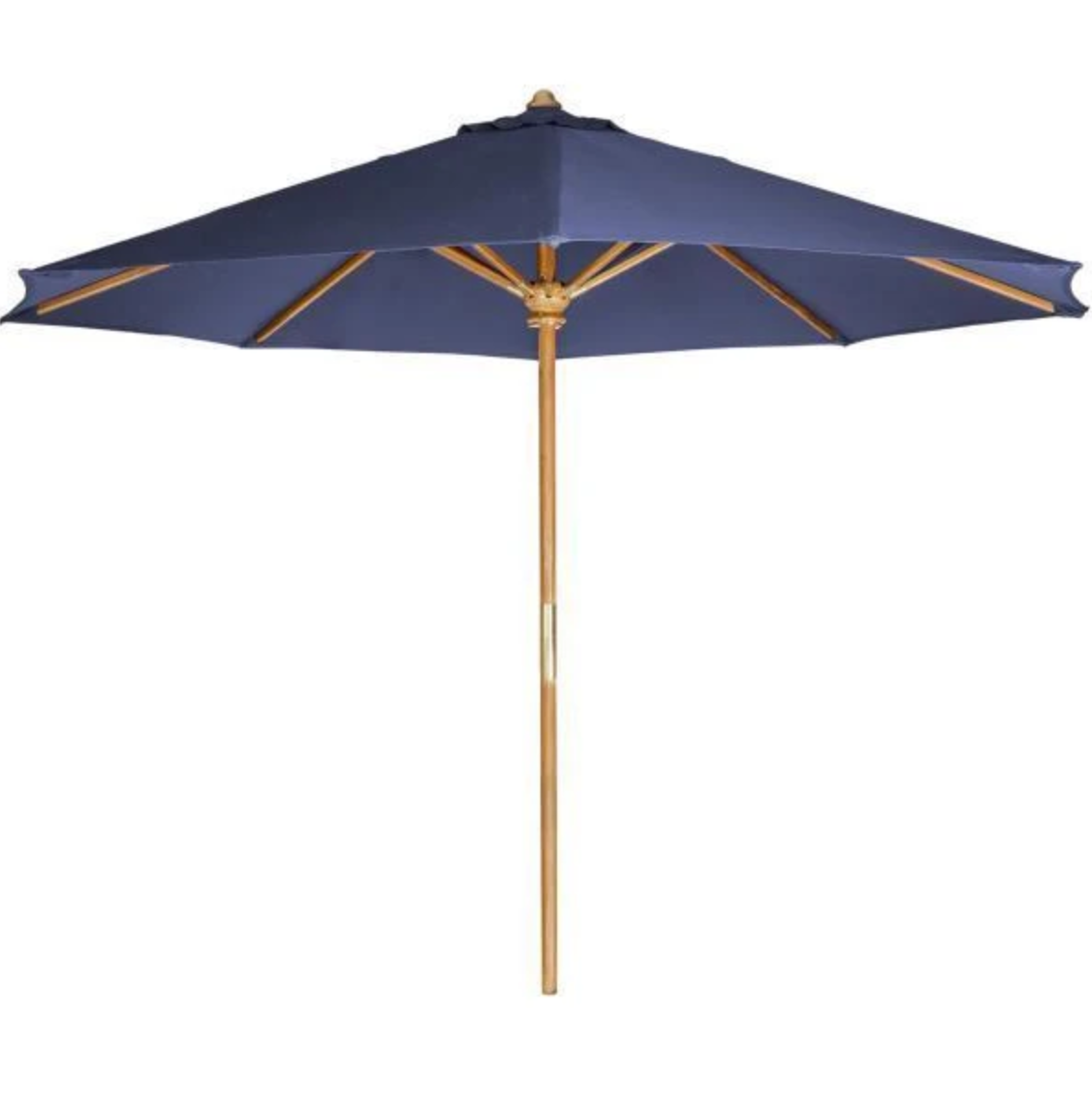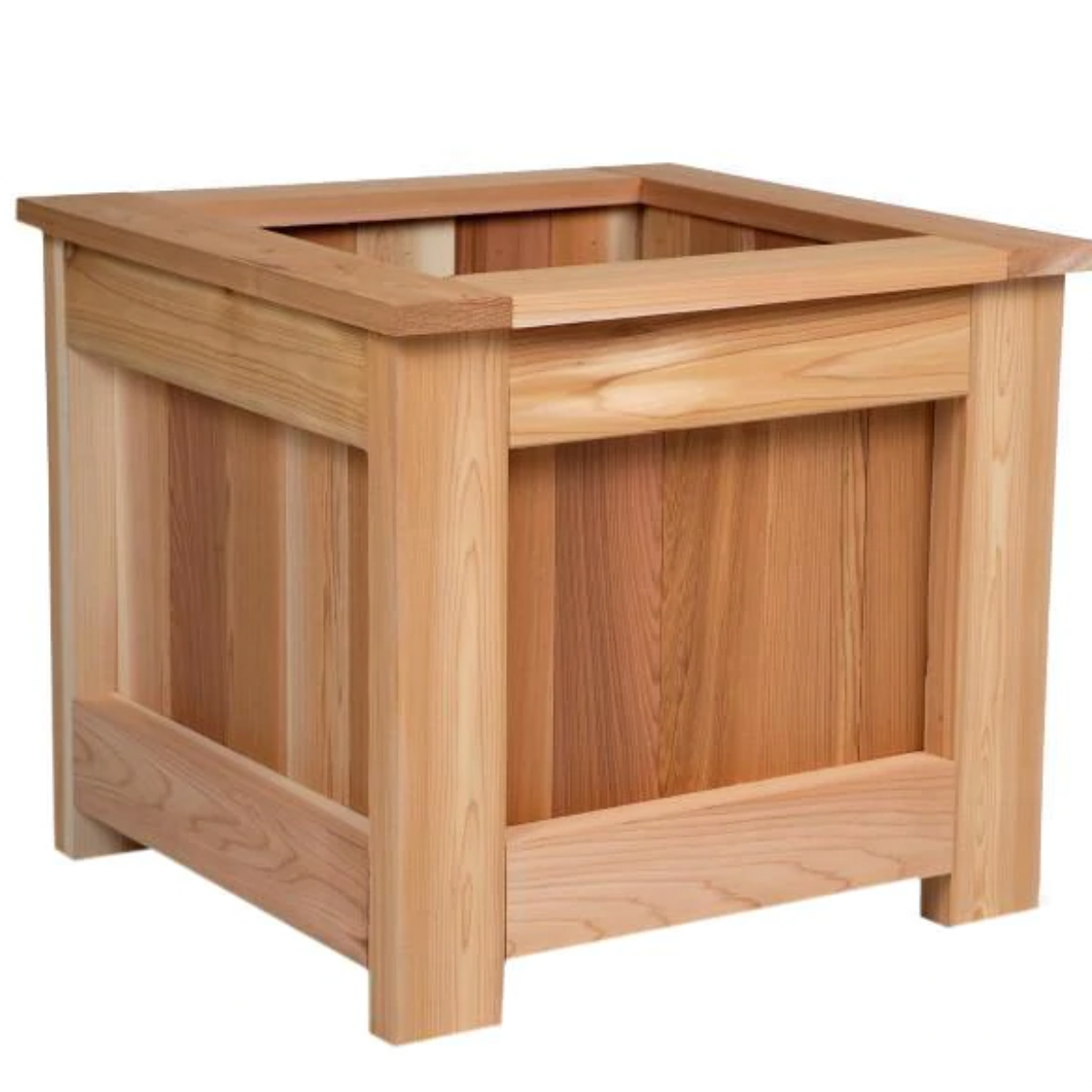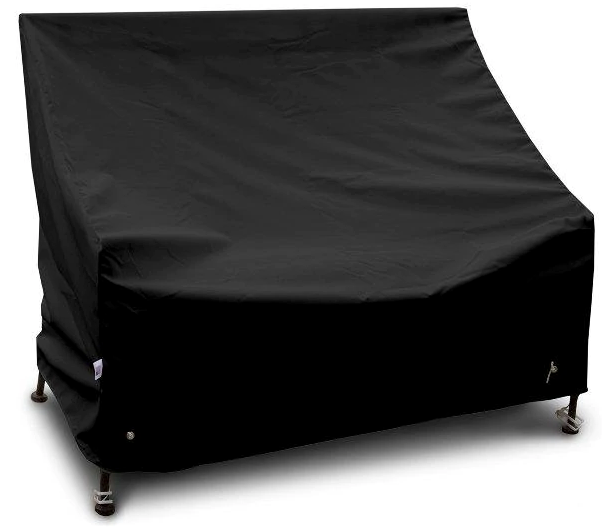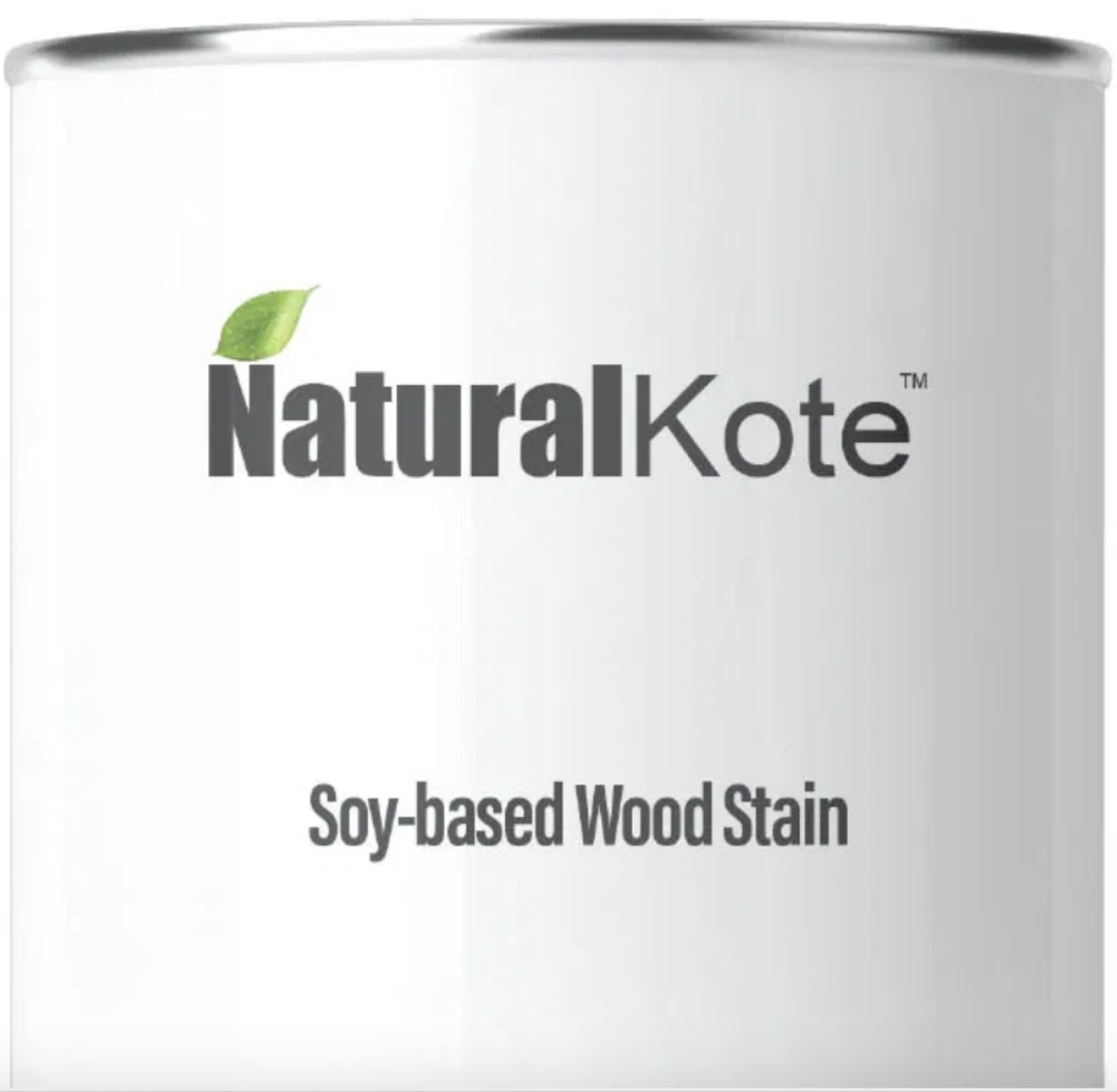Your Cart is Empty
FREE SHIPPING ON EVERY ORDER
Menu

FREE SHIPPING ON EVERY ORDER
Swings
Benches
Tables & Chairs
Home & Garden
Choosing the Perfect Pergola for Your Backyard

Pergolas are popping up in backyards and gardens across the world because they are attractive, affordable, and add value to your home. They are versatile and come in many different sizes, which can make choosing the right or perfect pergola for your garden difficult.
How to Handpick Perfect Pergola
Your Pergola’s Purpose
How do you plan on using your pergola? Once you determine how you want to use it, you can decide the specifics of size and design. What are your options?
Pergolas can be used for many different purposes, including simply highlighting a walkway or garden entrance. They can also be used within gardens to provide shade for ferns so that you can mix sunny and shade dependent plants in your garden.

Another way that people love to use pergolas is for entertaining. These outdoor structures are perfect for providing a defined space for your guests to gather outside in the garden or backyard. They offer a windbreak as well as some shade. You can install a retractable canopy for even more shade and pergola curtains for privacy.
These types can be freestanding and apart from other structures in your garden or incorporated into different landscape designs and even your home's side. You can also use a medium-sized pergola as cover for a porch swing or patio table.
Pergola Design Options
Pergolas are usually made from solid wood and are naturalistic and rustic. Their signature columns provide structural support for the rafters that create an open ceiling for your space. Pergolas are usually square or rectangular but can also be circular or hexagonal. Semicircular shapes are ideal for attached pergolas.
Many home stores sell kits so that you can DIY your pergola, or you can order easy to assemble kits online.

Material Options for Pergolas
Wood: Most pergolas are made from either hard or soft wood. Hardwood is the most expensive, but they are also more durable. Softwoods cost less and usually come treated, which is convenient. Stain before installation, the latter can go through a treatment process after cutting.
Make sure to stain the wood pieces before assembly to save yourself a lot of backache and headaches. Wood requires maintenance to protect it from moisture, termites, mold, and mildew. Use an oil-based preservative since your pergola will be outdoors.

Steel: The most significant advantage of using metal for your pergola is that it doesn't decay, rot, or become infested with termites. There is even steel available that has been chemically treated to prevent rust! Steel is more comfortable to install than wood and doesn't require repeated maintenance. Some homeowners do not enjoy the industrial look of metal, however.
Aluminum: Homeowners with property near the coasts will love aluminum pergolas because aluminum is resistant to humidity and salt, causing other metals to corrode. There are also many different color options available for aluminum pergolas, and with little maintenance needed, aluminum pergolas are also the most affordable.
Lighting Your Pergola
Did you know you can have outdoor lighting inside your pergola? A licensed electrician can easily install electrical outlets, lights, and fans. You can also use extension cords to access electricity, hang string lights, and another décor inside your pergola to add style to your patio seating.
Also in News
US
United States
Jan 29, 2026 01:01
Product Tag :
Product Collection :
×
